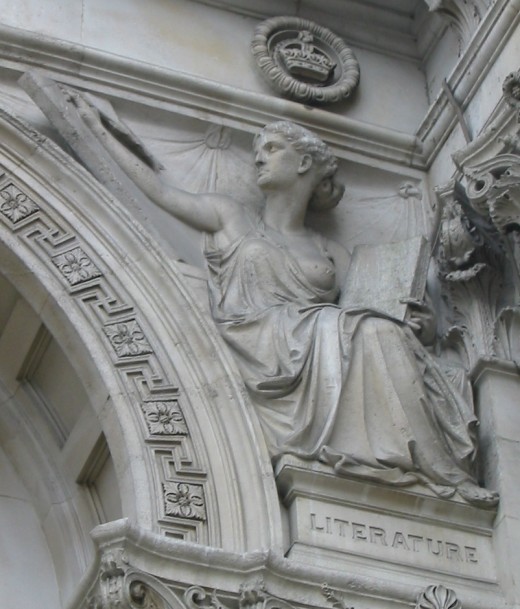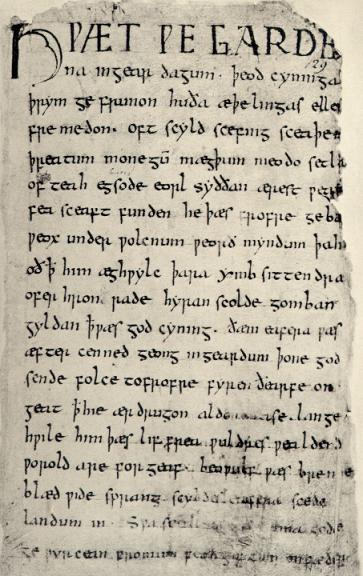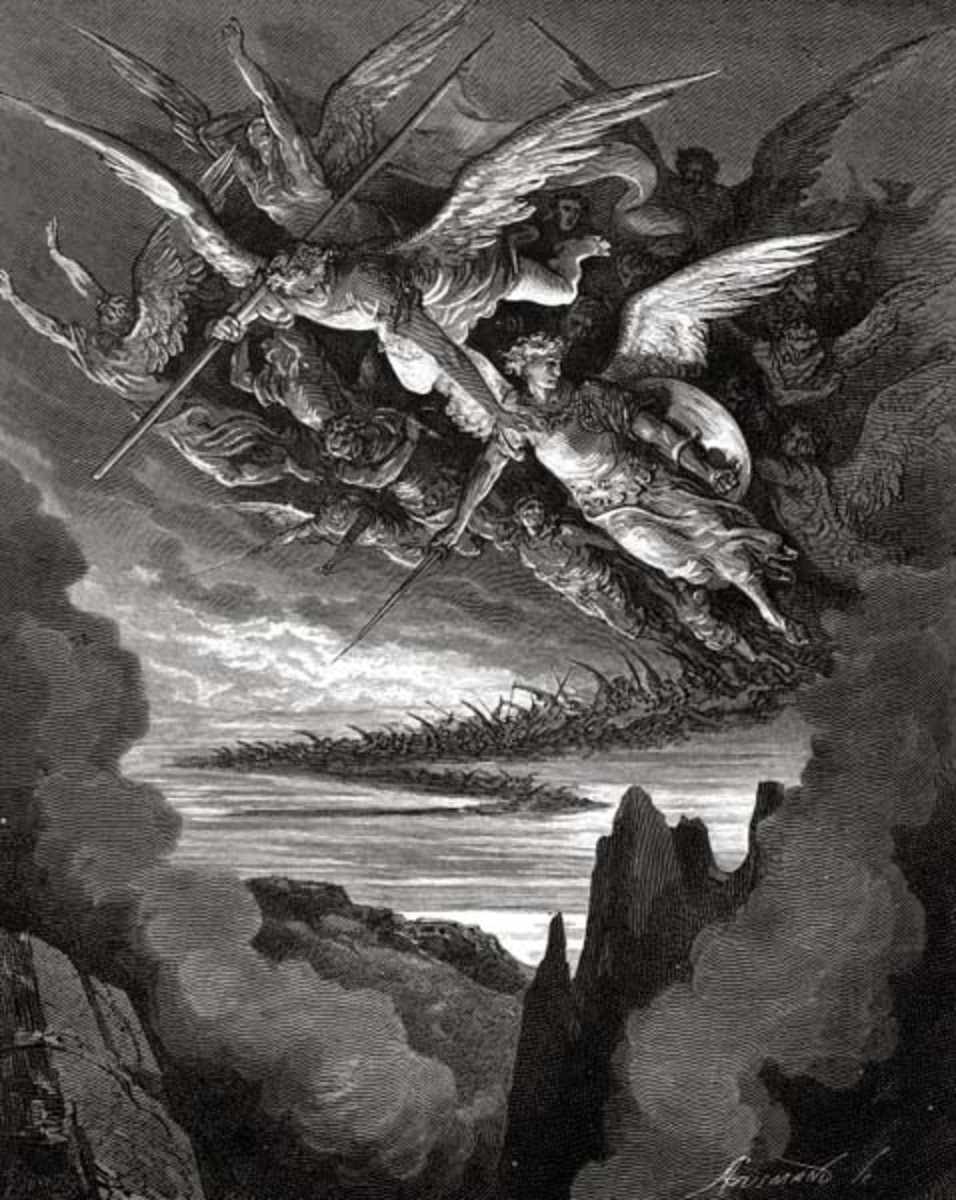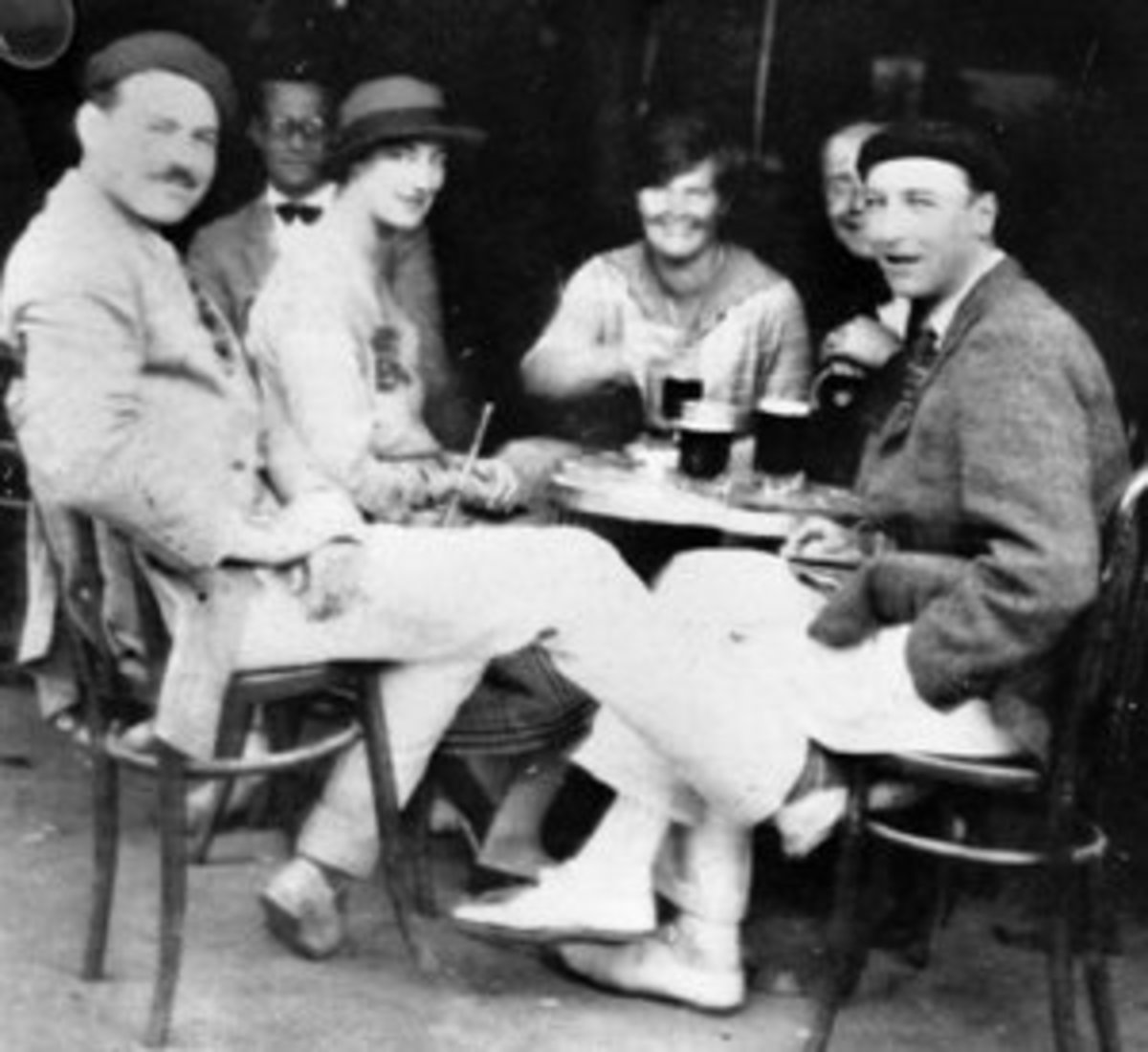Why Study Literature?

What's the Point of Analyzing Literature, Anyway?
Reading and analyzing literature, especially the literature of our mother tongue, is valuable for several reasons. First, it gives us insight into the minds of the people who have shaped our culture and civilization, showing us how they thought and what principles they valued. Secondly, analyzing literature hones critical and creative thinking skills, equipping people with the ability to assess other opinions and points of view, as well as their own. Thirdly, literature can be very powerful; pointing out what is both detestable and noble in human character and interactions. Written from a Christian perspective, the following highlights three classic works of English literature, demonstrating their value to a modern reader.

What Beowulf , The Rape of the Lock and Paradise Lost have to Teach Us
Beowulf is an example of a text that can lend insight into a past so distant that its details would be lost to us, without handwritten manuscripts painstakingly preserved throughout the centuries. Dating back to the 8th or 10th century, Beowulf provides, if not an accurate historical record, at least a window into the Teutonic roots of the English language and people. In Beowulf, we see a people, mostly warlike, who value honor, kinship, courage and generosity, and who also love a good story. We also see a people who have probably already been introduced to the gospel. If we look closely, the author’s efforts to adapt the truth of a loving, compassionate God to fit the Teutonic ideals of heroism become clear. Not only Does Beowulf provide us a glimpse into the heritage of several nations, but it can also provide a reminder that change comes slowly, and that sometimes, a little creativity is needed to preach the gospel.
Pope’s The Rape of the Lock at first seems like a lighthearted attempt to bring peace to two feuding families. It is that, and more. By writing a mock-epic in which the most frivolous activities are treated with the utmost seriousness, Pope also painted a picture of the decadence of 18th century aristocratic society. The sort of people who, in Pope’s satire, treated the stealing of a lock of hair as gravely as if the lady had been despoiled, were in real life destined to be overthrown by a barefoot rabble in France. Though The Rape of the Lock is a poem, and not a snapshot of reality, it still serves as a caution against becoming so wrapped up in the pursuit of pleasure and the trappings of power that important things are forgotten, like feeding the peasants.
Paradise Lost was designed to serve what is perhaps the highest purpose of literature, that of glorifying God. Milton wrote a blank verse allegory of epic proportions, providing his English countrymen with a great literary work comparable to those of Homer. Paradise Lost also stands as a foremost work of Christian literature, the characters of which are so cleverly imagined that readers are still debating over the nuances of their personalities. Ultimately, Paradise Lost and its companion works challenge readers to think- about the nature of God, the true cause of evil, and man’s dependence on God’s love and forgiveness for our very survival.

References
Greenblatt, Stephen. Ed. The Norton Anthology of English Literature. 8th ed. New York, London: W.W. Norton & Company, 2006. 26,27. Print.
John Milton.”Paradise Lost”. The Norton Anthology of English Literature. 8th ed. Greenblatt, Stephen. Ed. New York, London: W.W. Norton & Company, 2006. 723-743, 811-835. Print.
Pope, Alexander.”The Rape of the Lock”. The Norton Anthology of English Literature. 8th ed. Greenblatt, Stephen. Ed. New York, London: W.W. Norton & Company, 2006. 1136–1155.Print.





